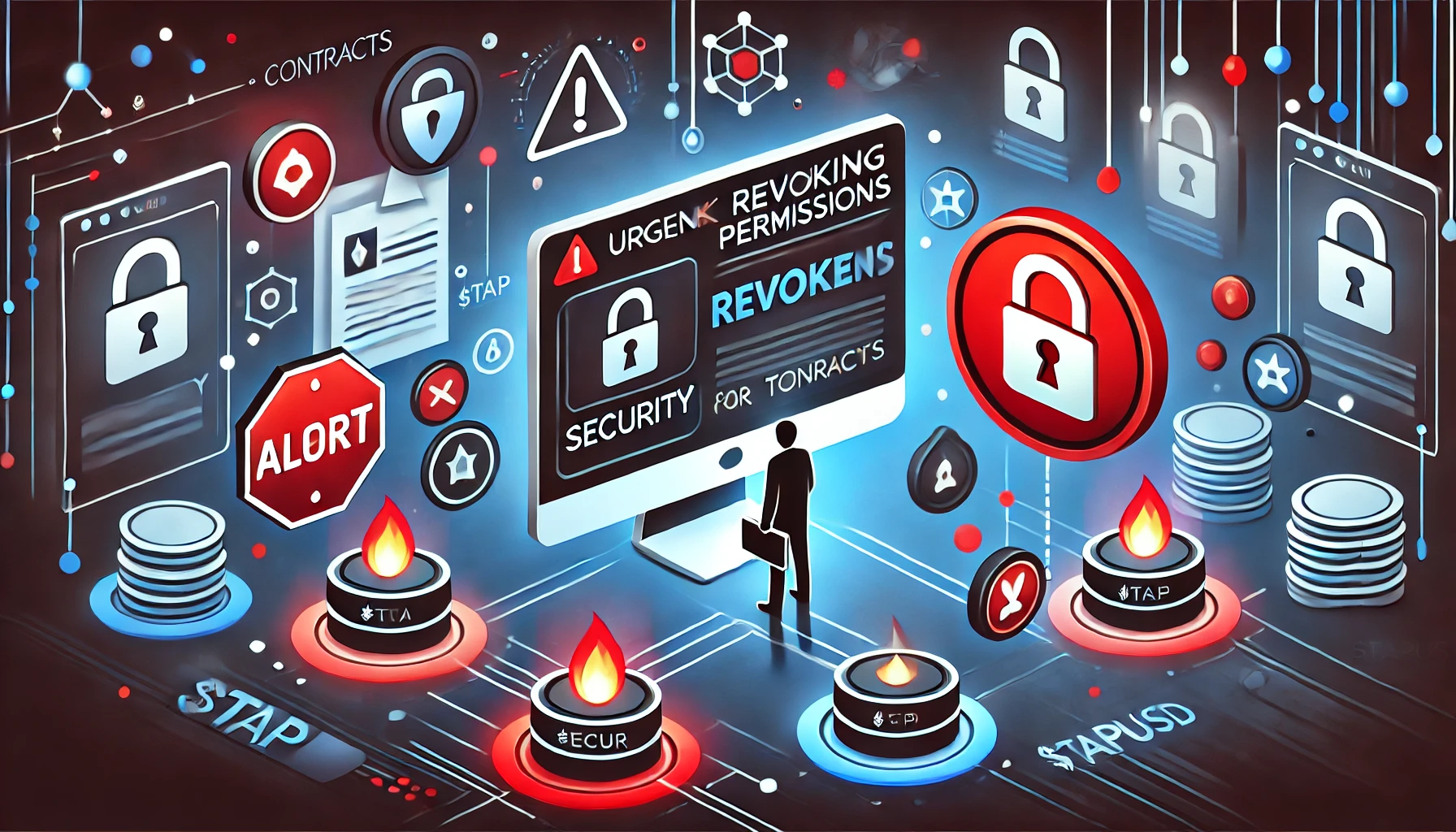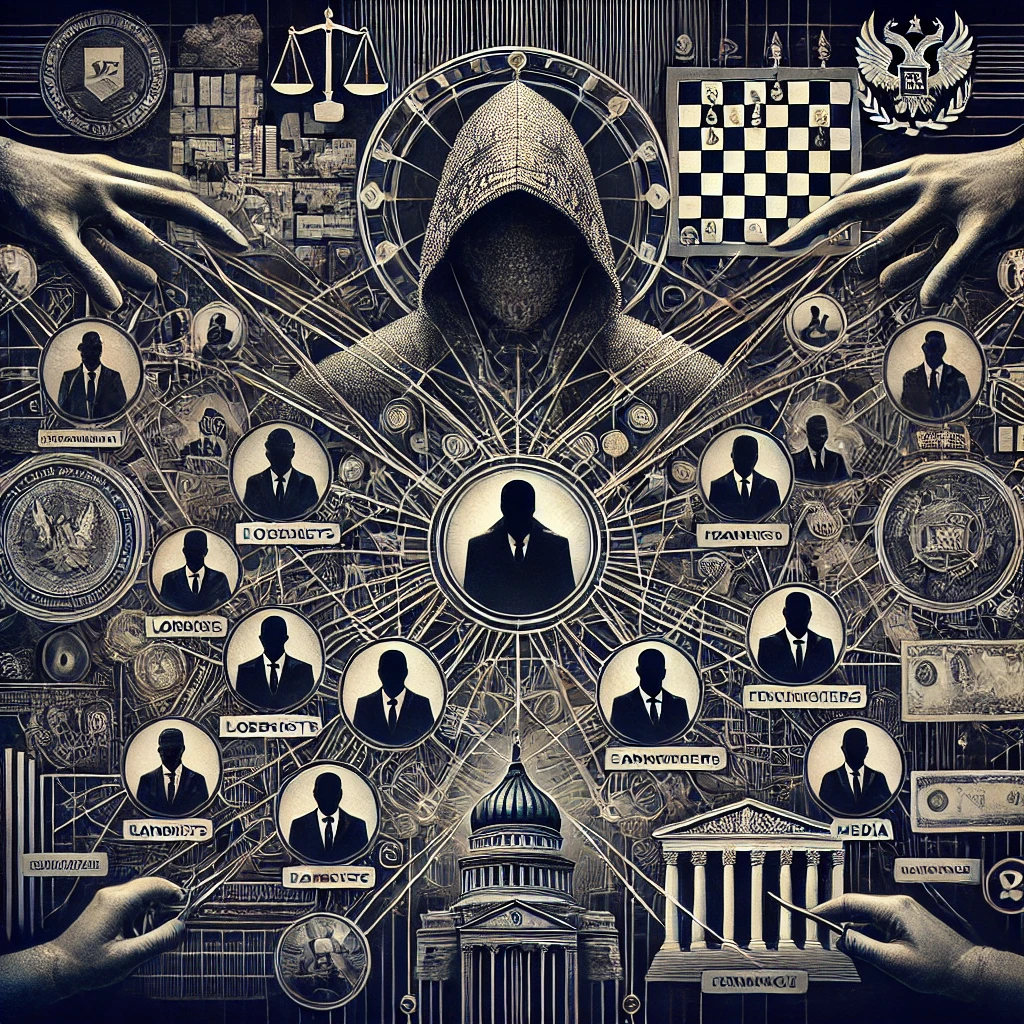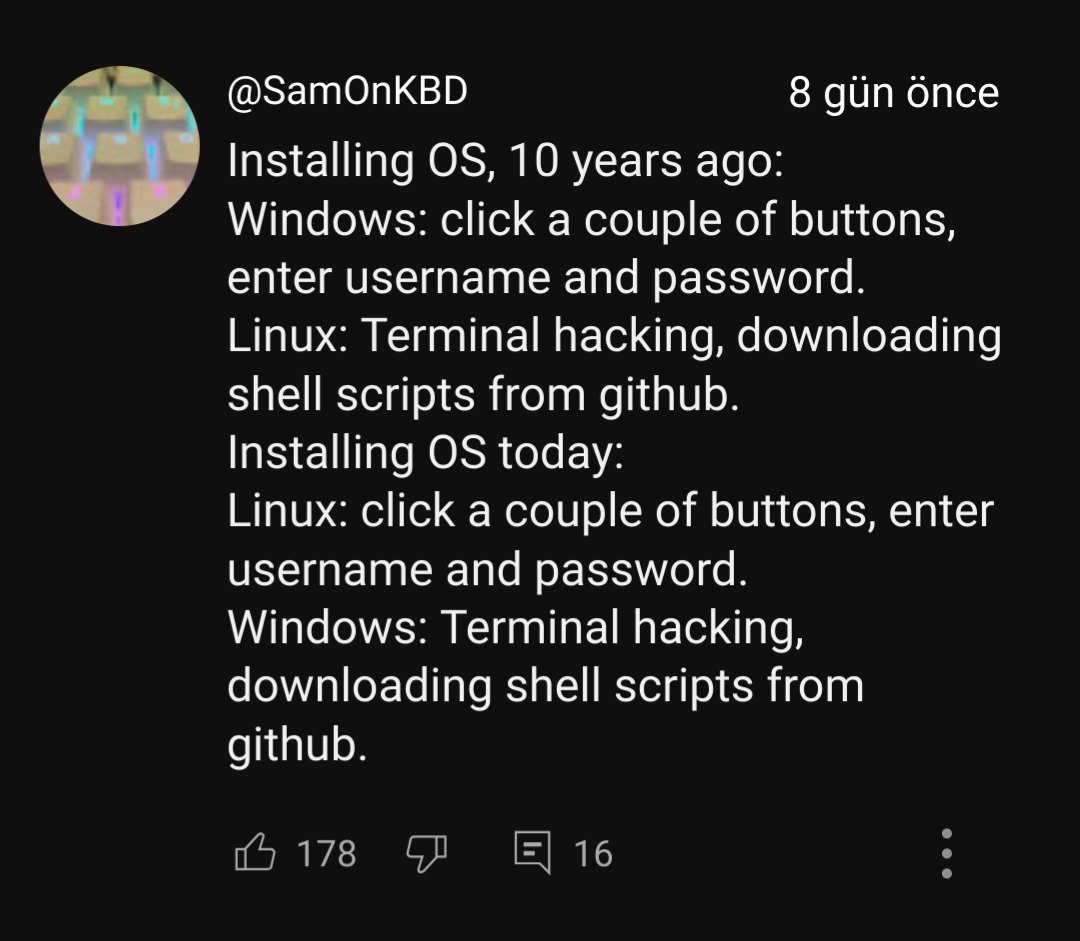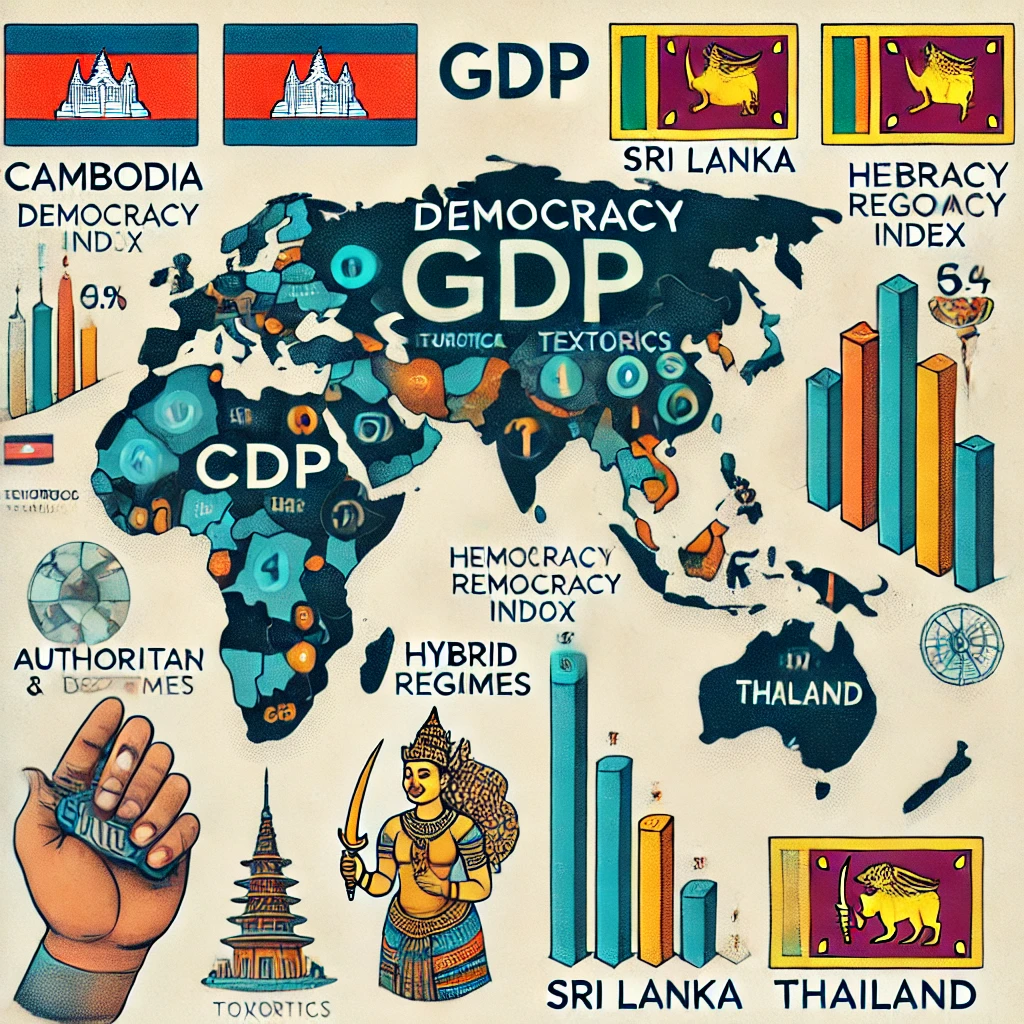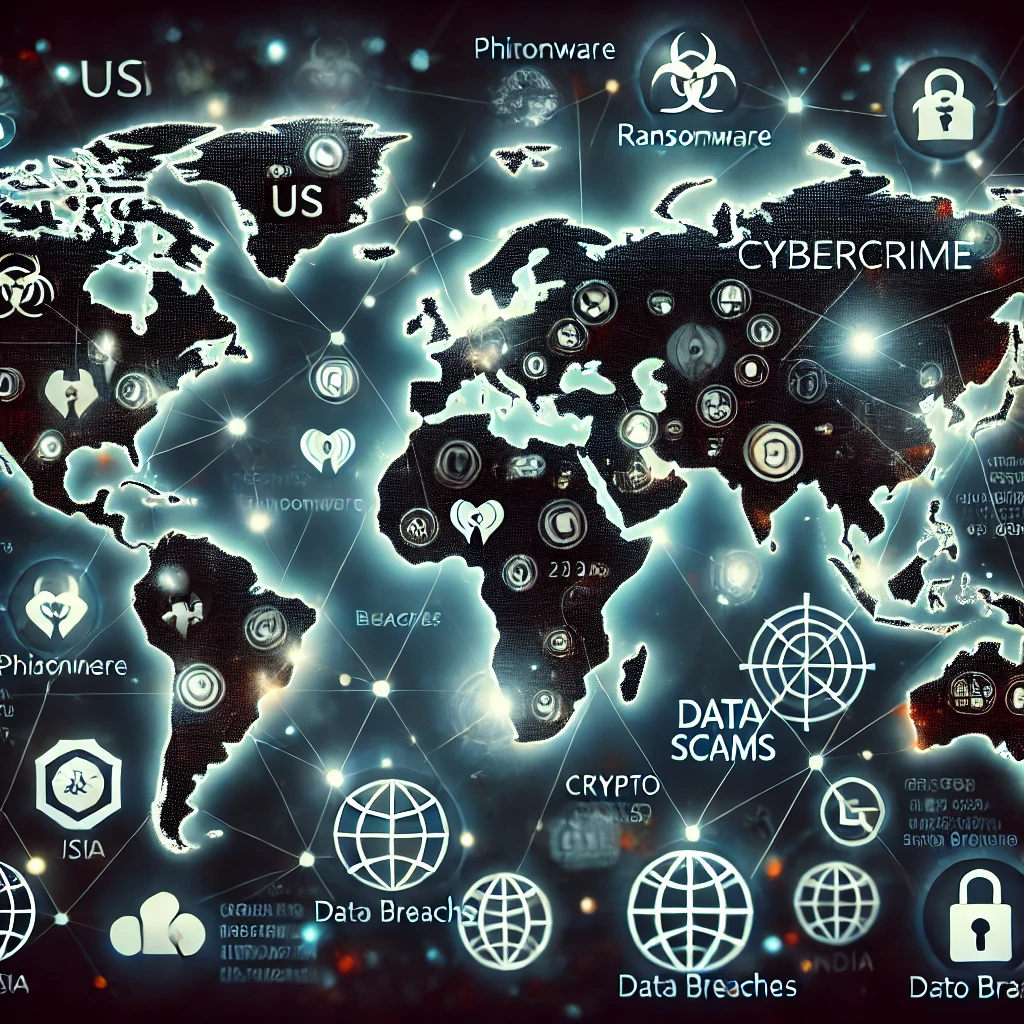Vitaly Ginzburg: Did FBK Provide Political "Cover" for Zheleznyak and Leontyev?
Update: 02-11-2024 (14:02)
Mutual complicity stains like soot.
I reach for a hand, but feel an elbow.
I search for eyes, but feel only a gaze,
Where behind heads, the rear is raised.
The Venediktov-Katz investigation exposed a serious issue within FBK, though it seems eager to "take on healthy forms." At least, this is evident from the statements made by FBK leadership and the declarations of A. Zheleznyak and S. Leontyev.
Clearly, FBK could have avoided this situation.
-
If they genuinely valued their reputation, which they frequently reference. If they hadn’t substituted the concept of REPUTATION with the pursuit of BEING RIGHT, they likely wouldn’t have accepted funds from bankers, wouldn’t have questioned basic standards of banking practices, and wouldn’t have tried to establish new moral categories around this, like "good" and "neutrality"—as Professor M. Mironov does.
-
If there were an independent media institution within the Russian opposition that stands against Putin's regime. However, as O. Kashin vividly demonstrated, the media in this matter proved not to be independent, but rather partisan, as Lenin taught us nearly 120 years ago. Fishman apologizes to Pevchikh, while Plyushchev struggles to admit that M. Katz’s investigation was right. Instead of treating the issue, they choose either silence, distraction, or shifting the agenda. Since silence didn’t work, they’re forced to redirect focus to the Berlin Russian march, the book Patriot, and even a €50 hoodie with a note from Navalny declaring that "Russia will be happy."
But none of this quells the scandal; on the contrary, it raises three critical questions.
First.
How can this be resolved within the legal framework?
FBK, trying to downplay the issue, refers to the lack of court rulings against the bankers, claiming that this precludes calling them thieves. However, this is false. There are court rulings in Russia, and neither Zheleznyak nor Leontyev has contested them at the ECHR. Therefore, they are legally valid and carry prejudicial weight in any court, including Western ones, if not for FBK’s and Navalny's protection.
Since this has already occurred, there are two paths out of this INTERNATIONAL PUBLIC HOUSE called FBK.
-
The first path is to a Polish court, where, based on new evidence, they could challenge the affidavit as false testimony and proceed with civil litigation on behalf of the defrauded depositors.
-
The second path leads to American and Latvian authorities, who, based on the newly revealed data, are compelled to open criminal cases for money laundering and pursue civil claims for the victims.
As for the bankers' threats to defend their honor and dignity in court, these claims are actionable, either at the end of these proceedings or—as in The Golden Calf.
"I’ll file a complaint against you."
— "You'll never complain about me," Ostap said meaningfully. "I could leave, but before I set foot on your Maly Kasatelny Street, you’ll be running after me in tears, begging me to return."
Second.
Did FBK actually provide political "cover" for Zheleznyak and Leontyev?
When it comes to cover, it’s clear enough. Protecting allies is common practice for FBK, so this is hardly news. Letters of support for M. Friedman and company, signed even in a personal capacity by Volkov and Ashurkov, are indeed a "cover." Refusing to engage with Czech journalists regarding the confiscation of Czech properties owned by Resin and Yevstifeev is another example of "cover." Letters of recommendation to avoid sanctions, signed by M. Pevchikh, are yet another instance of "cover."
Therefore, V. Ashurkov’s testimony and S. Leontyev’s use of the title "Navalny’s banker"—uncontested by either FBK or Navalny—serve as a form of protection, especially as it appears to have been paid for.
If this topic has been suppressed, it would be reasonable to bring it to light.
So, what is this about?
Many would like to present it as if the "cover" of Navalny or FBK protects them from Russian authorities. But this is not quite the case. If it were, A. Zheleznyak and S. Leontyev would have handled it differently.
They could have appealed to the ECHR, citing violations of their rights under Article 6 of the European Convention, invoking FBK and Navalny. If this were true, they would have received a ruling that would protect them EVERYWHERE. However, this would have long been public knowledge, and FBK—or perhaps Navalny—would have had to acknowledge it publicly. Hopefully, there’s no need to elaborate. Their activity in Polish or American courts has been much less public.
Given Russia’s limited involvement in this matter, it seems Moscow is not keen on bringing the bankers back to serve sentences or even to seize their assets. Otherwise, sanctioned individuals wouldn’t be involved as parties, procedural deadlines wouldn’t be missed, and so on. The fact that they are in the U.S. rather than Europe also doesn’t indicate any threat from Russia.
Meanwhile, S. Leontyev, facing no real threat from Russia, obtains a lobbying license in the U.S. (something M. Friedman failed to do and for which his former FBI agent was convicted), gains access to Congress, and uses it to protect laundered funds and his own money-laundering scheme. And this operates under FBK’s cover and the name of the "patriot" A. Navalny. This is an entirely different kind of cover, with different intentions and much more reliable "materials."
Lastly, the third question.
Is there too much FSB and SVR influence surrounding and within FBK?
Combining the fragments reveals an intriguing picture. A. Zheleznyak, who headed the ARB, served as a "cover" for the FSB and the Ministry of Internal Affairs for Russian banks. He’s the only banker awarded by Putin, likely not for laundering money for prosecutors and intelligence. Naturally, he had clearance, probably top-level, and quietly left for the U.S. He now has access to all FBK data.
His partner, S. Leontyev, has a lobbying license.
Among them is a certain lawyer, D. Dubograev, who, apart from his work for FBK, helps the FSB and Belarus’s KGB monitor the Russian and Belarusian opposition.
Finally, in 2012, A. Navalny served on Aeroflot’s board, representing the former KGB foreign intelligence officer in London, banker A. Lebedev, alongside Putin’s Dresden colleague, S. Chemezov. And that was with Aeroflot's foreign network serving as an SVR arm.
Not to mention last year’s FBK campaign with the same people targeting Kaja Kallas just when the Kremlin needed it, and the dissemination of KGB forgeries against L. Nevzlin and M. Khodorkovsky that no other structure managed to pull off.
Someone could piece together these fragments into a single puzzle and understand the result. What binds these people together. And draw the appropriate conclusions.
Vitaly Ginzburg
Original text :: Скованные одним фондом
Виталий Гинзбург: Предоставлял ли ФБК политическую "крышу" Железняку и Леонтьеву или нет?
update: 02-11-2024 (14:02)
Круговая порука мажет, как копоть.
Я беру чью-то руку, а чувствую локоть.
Я ищу глаза, а чувствую взгляд,
Где выше голов находится зад.
Расследование Венедиктова — Каца вскрыло серьезную болезнь в ФБК, но она, похоже, "хочет принять здоровые формы". Во всяком случае это следует как из позиции руководства ФБК, так и из заявления А. Железняка и С. Леонтьева.
Разумеется, ФБК мог бы этого избежать.
-
Если бы они реально дорожили своей репутацией, о которой они так много говорят. Если бы институт РЕПУТАЦИИ они не подменили институтом ПРАВОТЫ, то вряд ли позволили бы себе принимать деньги у банкстеров, не ставили бы под сомнение очевидные стандарты банковской деятельности и не пытались сформировать под это новые моральные категории. Например, добро и нейтралитет. Как это делает профессор М. Миронов.
-
Если бы в российской оппозиции, противопоставляющей себя путинской власти, функционировал бы институт независимых СМИ. Однако, как блестяще показал О. Кашин, СМИ в этом вопросе оказались не независимыми, а партийными, как учил нас Ильич почти 120 лет тому назад. Фишман извиняется перед Певчих, а Плющев с большим трудом выговаривает, что М. Кац в своем расследованием прав. Далее по законам жанра болезнь предпочитают не лечить, а либо замолчать, либо заговорить, либо сместить повестку. Поскольку замолчать не удалось, то приходится заговаривать и переместить внимание на берлинский русский марш, книгу "Патриот" и даже на худи за 50 евро с запиской Навального о том, что Россия будет счастливой.
Но все это не только не способствует угасанию скандала, но, наоборот, актуализирует три важных вопроса.
Первый.
Как разрешить это в правовом поле?
ФБК, пытаясь заговорить проблему, ссылается на отсутствие судебных решений в отношении банкстеров, что якобы не дает никому права назвать их ворами. Авторитет и разумные доводы С. Алексашенко, В. Иноземцева, О. Тинькова и др. на них не действуют.
Но это ложь. Имеются решения судов в России, и они ни Железняком, ни Леонтьевым в ЕСПЧ не оспорены. Следовательно, они законны и в любом суде они обладают преюдиционной силой, что, в общем-то, и произошло бы во всех западных судах, если бы не крыша ФБК и Навального.
Но раз это уже произошло, то из этого МЕЖДУНАРОДНОГО ПУБЛИЧНОГО ДОМА под названием ФБК есть два пути.
Первый — это путь в польский суд, в котором в связи с новыми обстоятельствами оспорить аффидевит как заведомо ложные показания и дальше реализовать права обворованных вкладчиков в рамках гражданского судопроизводства.
Второй путь — это к американским и латвийским властям, которые на основании ставших известными данных просто обязаны возбудить уголовные дела по признакам отмывания денег и их легализации с последующим удовлетворением гражданских исков пострадавших.
Что же касается угроз банкстеров о защите чести и достоинства в судах, то они вполне реализуемы либо по итогам этих судопроизводств, либо как в "Золотом теленке".
"Я на вас буду жаловаться.
— Жаловаться на меня вы никогда не будете, — значительно сказал Остап, — а уйти я могу, но не успею я выйти на вашу Малую Касательную улицу, как вы с плачем побежите за мной и будете лизать мои янычарские пятки, умоляя меня вернуться".
Второй вопрос несколько сложнее.
Предоставлял ли ФБК политическую "крышу" Железняку и Леонтьеву или нет?
Если рассуждать о крыше, то здесь все ясно. Крышевание — это обычная практика ФБК, и здесь нет ничего нового. Письма в поддержку М. Фридмана и Ко, представленные даже в личном качестве Волковым и Ашурковым, — это и есть "крыша". Отказ даже контактировать с чешскими журналистами по поводу чешской недвижимости Ресина и Евстифеева на предмет ее конфискации — это и есть "крыша". Письма в поддержку для непопадание под санкции, подписанное М. Певчих, — это и есть "крыша".
А сколько подобного рода манипуляций со списками Навального, которые тоже можно назвать "крышей".
Поэтому показания В. Ашуркова и использование С. Леонтьевым статуса "банкир Навального" — что не было опровергнуто ни ФБК, ни Навальным — это не что иное, как "крыша", тем более предоставленная на возмездной основе.
Но раз предпринята попытка это заговорить, то вполне разумно было бы разговорить эту тему.
О чем в данном случае идет речь?
Многим хочется представить дело таким образом, что "крыша" типа Навального или ФБК предоставлены в защиту от преследования российских властей. Но ведь это не совсем так. Если бы дело обстояло таким образом, то А. Железняк и С. Леонтьев выстроили бы ее по-другому.
Они бы обратились в ЕСПЧ с жалобой на нарушение своих прав, предусмотренных ст. 6 Европейской Конвенции, сослались бы на ФБК и Навального, и если бы это было правдой, то получили бы решение суда, которое и стало бы им средством защиты от ВСЕГО и ВЕЗДЕ. Но в таком случае это давно бы стало достоянием гласности. И ФБК, а может и Навальному, пришлось бы это публично подтвердить. Надеюсь, развивать эту мысль не имеет смысла. Активность в польском или в американском судах оказалась менее публична.
Судя по активности российской стороны в этом деле, она не горит желанием ни вернуть банкстеров в Россию для отбытия наказания, ни даже конфисковать их деньги. В противном случае в дело не вовлекались бы подсанкционные люди в качестве процессуальных лиц, не пропускались бы процессуальные сроки и т.д. Да и само пребывание их в США, а не в Европе также не свидетельствует об угрозе со стороны России.
В то же время С. Леонтьев, не имея реальной угрозы со стороны России, приобретает лицензию на лоббистскую деятельность в США (то, что не получилось у М. Фридмана и за что был осужден работавший на него отставной агент ФБР), получает доступ в Конгресс и использует это для защиты краденых и отмытых средств, а также и защиты своей схемы по отмыванию денег (надо ли напоминать, чьих?) через американскую финансовую систему. И это осуществляется под крышей ФБК и под именем "патриота" А. Навального. А это уже совсем другая крыша. Другой тип, другое предназначение и другие, куда более надежные "стройматериалы".
И, наконец, третий вопрос.
Не слишком ли много ФСБ и СВР вокруг и внутри ФБК?
Если собрать все фрагменты, то получается интересная картина. А. Железняк в АРБ собственно и был крышей ФСБ и МВД для российских банков. Единственный из банкиров, награжден В. Путиным орденом. Надеюсь, что не за схему отмывания денег для прокурорских и чекистских. Естественно, имел допуск, скорее всего по первой форме, и спокойно уехал в США. Сейчас имеет доступ ко всем данным ФБК.
Его партнер С. Леонтьев с лицензией на лоббирование.
Там же между внешним и внутренним контурами ФБК вращается некий адвокат Д. Дубограев, который в свободное от ФБКшных забот время помогает ФСБ и КГБ Беларуси следить за российской и белорусской оппозицией.
И, наконец, в 2012 г. А. Навальный состоял в Совете директоров "Аэрофлота", представляя там бывшего сотрудника ПГУ КГБ СССР в Лондоне, а тогда банкира А. Лебедева в компании с коллегой В. Путина по Дрездену С. Чемезовым. И это при том, что сеть зарубежных представителей "Аэрофлота" — это элемент сети СВР.
Я уже не говорю про прошлогоднюю кампанию ФБК с теми же действующими лицами по дискредитации Каи Каллас именно в тот момент, когда это было необходимо Кремлю. И про слив чекистских фальшивок против Л. Невзлина и М. Ходорковского, который не смогли осуществить ни через какую другую структуру.
Кто-то может собрать эти фрагменты в один пазл и понять, что в итоге получается. Чем все эти люди скованы. И сделать соответствующие выводы.
Виталий Гинзбург
Ось добірка з 23 хештегів на трьох мовах:
Українською:
- #СкованіФондом
- #РозслідуванняФБК
- #Гінзбург
- #Корупція
- #Кришування
- #ПолітичнаПідтримка
- #РосійськаОпозиція
- #Банкстери
- #Венедиктов
- #Желєзняк
- #Леонтьєв
- #Навальний
- #ЄСПЛ
- #Санкції
- #Легалізація
- #ФінансоваЗлочинність
- #ГромадськіІнтереси
- #Законність
- #Росія
- #Латвія
- #США
- #ФСБ
- #ВпливЗМІ
English:
- #BoundByAFund
- #FBKInvestigation
- #Ginzburg
- #Corruption
- #PoliticalShield
- #RussianOpposition
- #Banksters
- #Venediktov
- #Zheleznyak
- #Leontyev
- #Navalny
- #ECHR
- #Sanctions
- #Legalization
- #FinancialCrime
- #PublicInterest
- #Legitimacy
- #Russia
- #Latvia
- #USA
- #FSB
- #MediaInfluence
- #Transparency
Російською:
- #СкованныеФондом
- #РасследованиеФБК
- #Гинзбург
- #Коррупция
- #ПолитическаяКрыша
- #РоссийскаяОппозиция
- #Банкстеры
- #Венедиктов
- #Железняк
- #Леонтьев
- #Навальный
- #ЕСПЧ
- #Санкции
- #Легализация
- #ФинансовоеПреступление
- #ОбщественныеИнтересы
- #Законность
- #Россия
- #Латвия
- #США
- #ФСБ
- #ВлияниеСМИ
- #Прозрачность
Ці хештеги допоможуть підвищити охоплення та залучити різну аудиторію на трьох мовах.

